According to Ms. Nguyen Thi Viet Nga - Member of the National Assembly's Committee on Culture and Society, the issuance of Resolution No. 71-NQ/TW by the Politburo on educational and training breakthroughs (Resolution 71) is a strategic milestone. Thereby, it contributes to creating new turning points in thinking, awareness and action in bringing education and training to new heights.
One of the contents mentioned in this resolution that has attracted public attention is that the Politburo has proposed a policy: Ensuring the provision of a unified set of textbooks nationwide, striving to provide free textbooks to all students by 2030.
According to Ms. Nguyen Thi Viet Nga, this is a correct, profound policy, closely following the current reality. First of all, it must be affirmed that after 5 years of implementing the 2018 general education program with 3 sets of books (Creative Horizon, Connecting Knowledge with Life and Kite) approved by the Ministry of Education and Training, closely and thoroughly assessed; these textbooks basically meet the requirements of the modern education program.
Initially, the textbooks have been effective, contributing to improving the quality of content and creativity in compilation, expanding the choice opportunities for schools, teachers and students, helping them access more diverse and rich knowledge and practice scientific critical thinking skills.
However, the process of using many sets of textbooks also revealed some problems and shortcomings that need to be overcome. Through the supervision work from the National Assembly's functional agencies and voters' opinions, Ms. Nguyen Thi Viet Nga realized that although the current 3 sets of textbooks mobilized many experts, scientists, and teachers with prestigious expertise to compile, in general, the amount of knowledge in the sets of books is still quite heavy, easily causing overload for students.
Besides, because there are many sets of textbooks, it is difficult for many schools, teachers and students to choose; especially students who are studying this set of textbooks when transferring to another school or another location must study another set of textbooks, which is disadvantageous for them in accessing knowledge.
Therefore, the Politburo's policy of "ensuring the provision of a unified set of textbooks nationwide" is also aimed at overcoming the above-mentioned difficulties and shortcomings.
The Ministry of Education and Training is responsible for compiling a unified set of textbooks of the best quality to serve and meet the teaching and learning needs of teachers and students in the coming time.
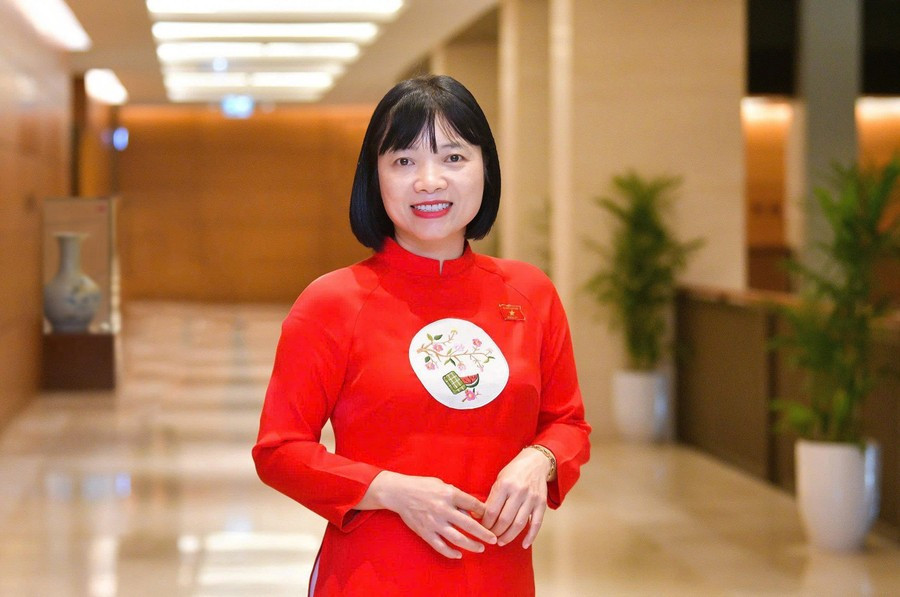
To effectively compile and deploy the common textbooks, Ms. Nguyen Thi Viet Nga noted a number of key issues. First of all, the Ministry of Education and Training needs to review all knowledge standards in the program to ensure appropriate content and avoid overload.
Second, the editorial team must have a harmonious combination of prestigious, highly specialized experts and scientists with experienced teachers, in order to create books that are close to and suitable for the psychology, age, and learning ability of students.
Third, the handling of existing textbooks is also an issue that needs to be resolved appropriately. In my opinion, we support the policy of ensuring the provision of a unified set of textbooks nationwide, but we should not immediately eliminate the three current general textbooks, because these sets of books have also been carefully compiled, rigorously assessed, and scientifically. If we eliminate them, it will be a waste.
Therefore, along with a common set of standard textbooks, schools, teachers and students need to consider these textbooks as useful reference materials to contribute to diversifying knowledge and improving the quality of teaching and learning.
However, there needs to be close and appropriate management measures to avoid the abuse of reference books, which can easily create unnecessary pressure on students as has happened in the past.
It should also be emphasized that using a single set of textbooks does not mean that we return to a stereotypical education. To ensure flexibility and creativity, we need to continue to innovate teaching and assessment methods, focusing on learners. Teachers can still flexibly expand and supplement knowledge from other sources to suit each class.
This is the core factor to maximize the creativity and critical thinking of students, each student in each region, avoiding the one-way knowledge provision. Along with compiling textbooks, it is necessary to simultaneously innovate the training program at teacher training colleges to prepare a new generation of teachers with sufficient qualities, qualifications, capacity and skills to meet the requirements and tasks of education and training innovation.
Source: https://giaoducthoidai.vn/bao-dam-cung-cap-mot-bo-sach-giao-khoa-thong-nhat-toan-quoc-post748400.html


![[Photo] General Secretary To Lam receives US Ambassador to Vietnam Marc Knapper](https://vphoto.vietnam.vn/thumb/1200x675/vietnam/resource/IMAGE/2025/9/29/c8fd0761aa184da7814aee57d87c49b3)
![[Photo] The 1st Congress of Phu Tho Provincial Party Committee, term 2025-2030](https://vphoto.vietnam.vn/thumb/1200x675/vietnam/resource/IMAGE/2025/9/30/1507da06216649bba8a1ce6251816820)
![[Photo] Solemn opening of the 12th Military Party Congress for the 2025-2030 term](https://vphoto.vietnam.vn/thumb/1200x675/vietnam/resource/IMAGE/2025/9/30/2cd383b3130d41a1a4b5ace0d5eb989d)
![[Photo] General Secretary To Lam, Secretary of the Central Military Commission attends the 12th Party Congress of the Army](https://vphoto.vietnam.vn/thumb/1200x675/vietnam/resource/IMAGE/2025/9/30/9b63aaa37ddb472ead84e3870a8ae825)






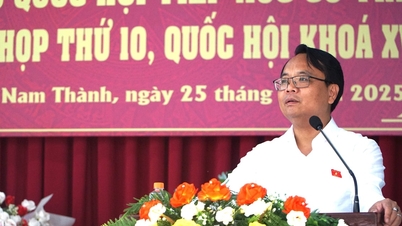

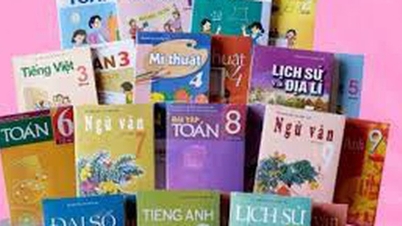

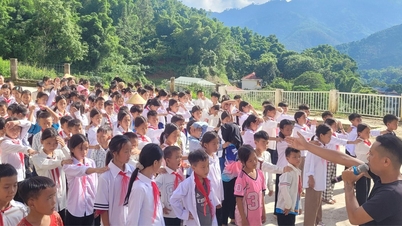




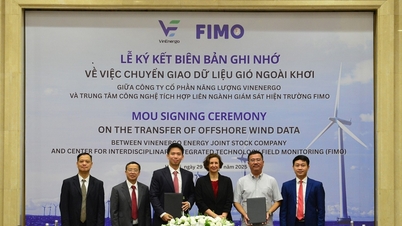



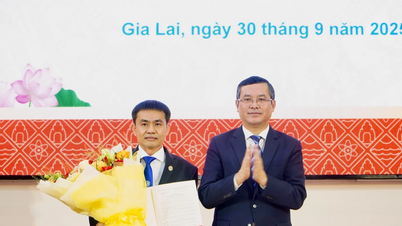






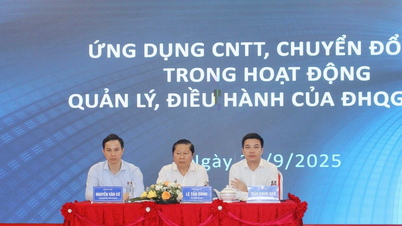
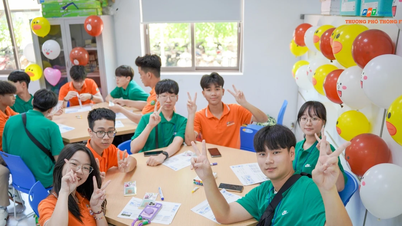



![[Photo] General Secretary To Lam attends the ceremony to celebrate the 80th anniversary of the post and telecommunications sector and the 66th anniversary of the science and technology sector.](https://vphoto.vietnam.vn/thumb/1200x675/vietnam/resource/IMAGE/2025/9/29/8e86b39b8fe44121a2b14a031f4cef46)





































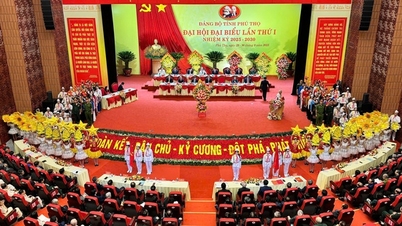

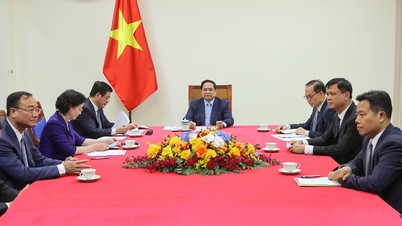



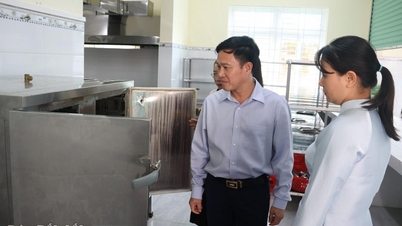



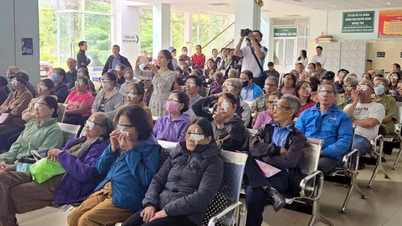














Comment (0)